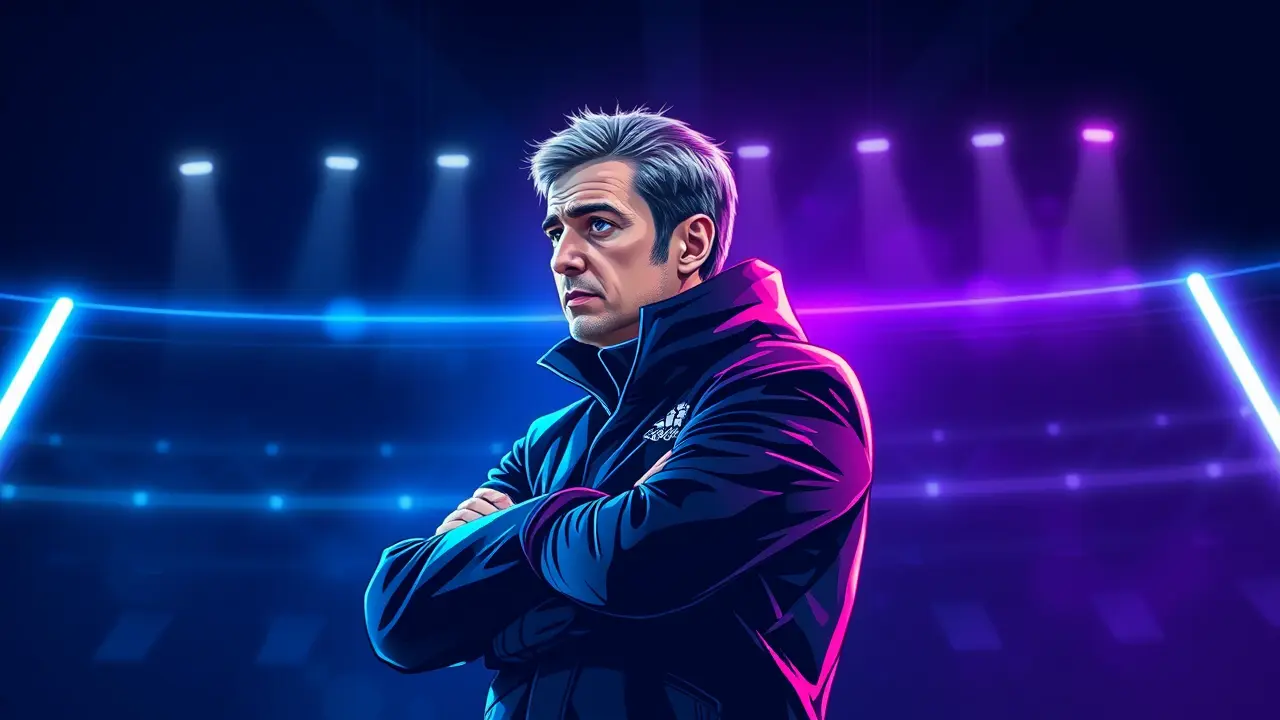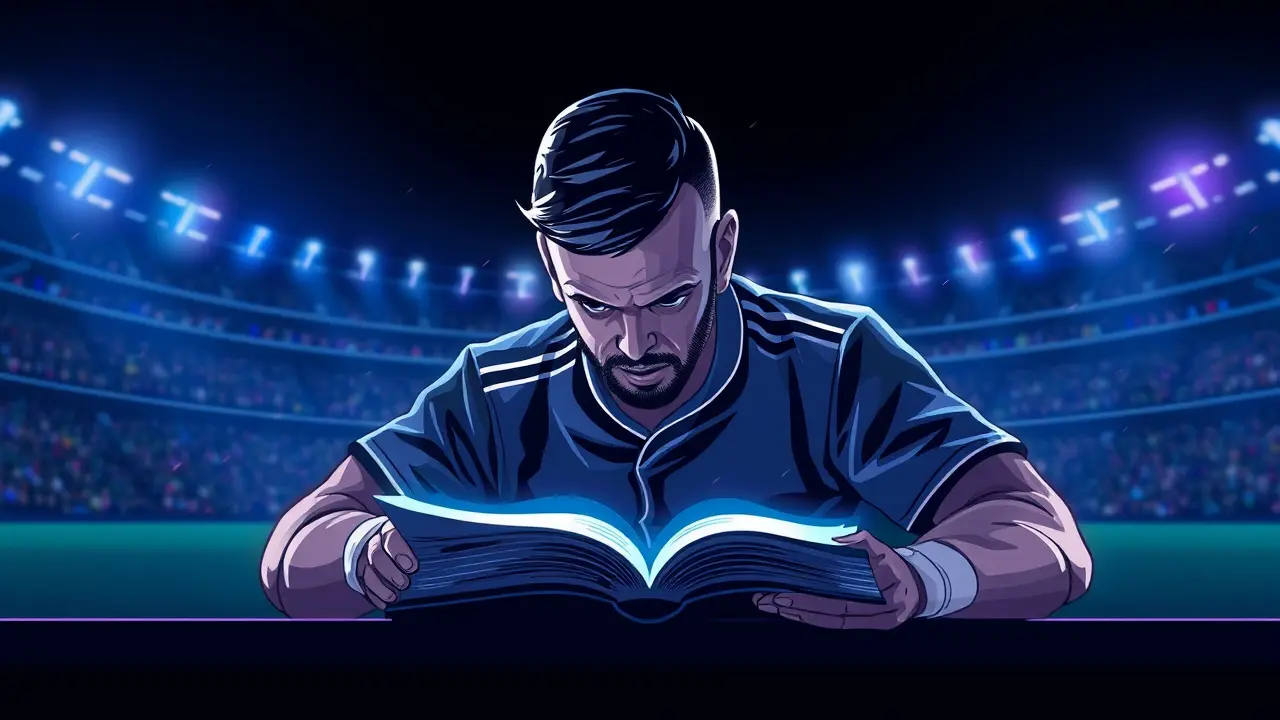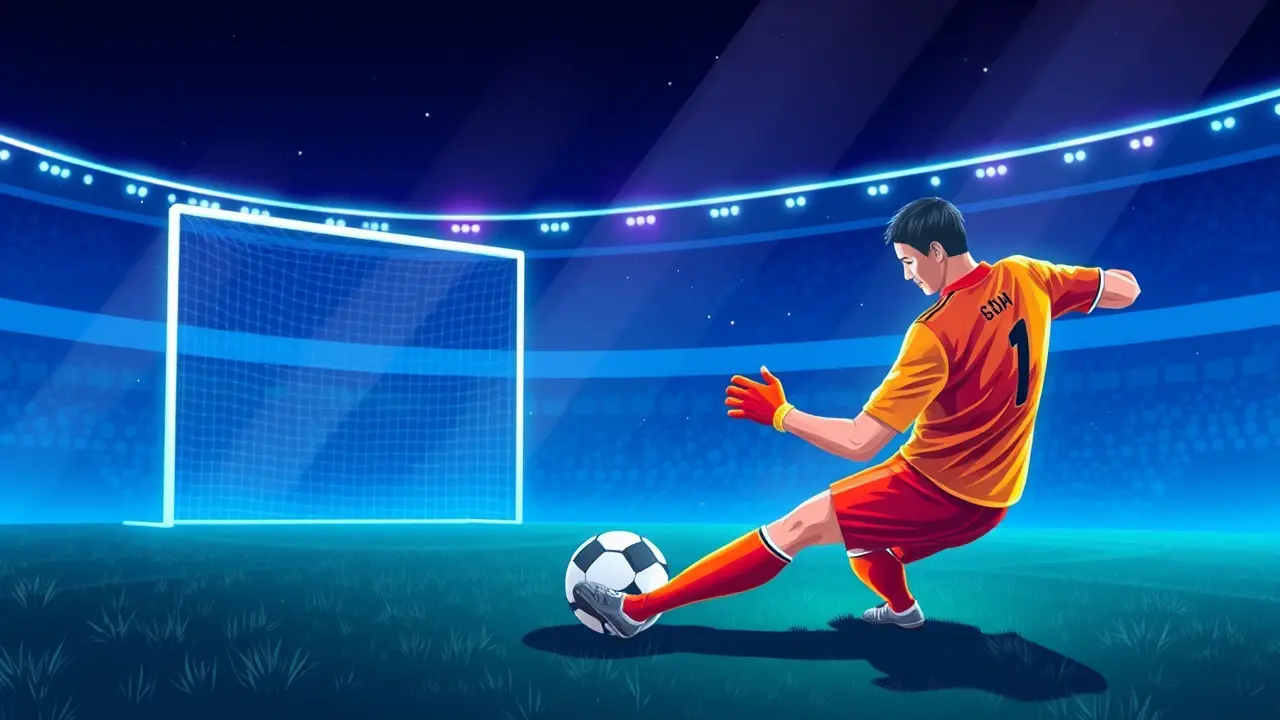
SportfootballInjuries and Suspensions
Spartak coach Stankovic unfazed by team bus window being broken.
JA
Jack Turner
17 hours ago7 min read
In a scene more reminiscent of a tense European away night than a domestic league fixture, Spartak Moscow’s team bus had a window shattered by an unknown object en route to their match against Krasnodar, yet manager Dejan Stankovic responded with the unflappable cool of a seasoned veteran who has seen it all. The incident, which fortunately resulted in no injuries to players or staff, could have been a significant distraction, a psychological ploy aimed at unsettling the visiting side before a crucial contest.However, Stankovic, a man whose own playing career spanned legendary clubs like Lazio, Inter Milan, and the Serbian national team, immediately downplayed the event, suggesting it was merely a stone and attributing it to the high emotions surrounding such a major fixture. This is not merely managerial posturing; it’s a masterclass in leadership under pressure, a quality Stankovic honed under managers like Marcello Lippi and Roberto Mancini.Drawing a parallel to the intense atmospheres of Milan derbies or fiery Belgrade clashes, he implicitly treated the event as part and parcel of the passionate, if sometimes volatile, fabric of Russian football. His reaction stands in stark contrast to how other managers might have seized upon the event to create a siege mentality or publicly condemn a lack of security, yet Stankovic’s approach was to absorb the potential disruption and neutralize it, ensuring his squad’s focus remained entirely on the tactical battle ahead.This philosophy echoes the mentality of his former teammate, the great Javier Zanetti—a player defined by relentless professionalism and an unshakeable internal compass, regardless of external chaos. The broader context here is Spartak’s perpetual struggle for supremacy in the Russian Premier League, a competition where psychological edges are often as critical as technical quality.For a club with Spartak’s immense and demanding fanbase, any sign of weakness is magnified, making the manager’s public demeanor a key strategic tool. Stankovic’s dismissal of the incident as a non-problem sends a powerful message to his own players, the opposition, and the media: we are here to play football, and nothing will divert us from that mission.This incident, while minor in the grand scheme, offers a fascinating glimpse into the unique pressures of managing in Russia, where travel can be immense and fan fervor runs exceptionally high. It also invites comparison to other high-profile bus incidents in football history, such as the attack on the Borussia Dortmund bus in 2017, which had profound psychological and sporting consequences.Stankovic’s handling suggests he learned from such precedents, understanding that amplifying the event only gives it power. By treating a broken window as a mere footnote, he demonstrated a leadership style that prioritizes process over periphery, a lesson that aspiring coaches from the youth levels to the professional ranks would do well to study. In the end, his response was less about a piece of broken glass and more about reinforcing a culture of resilience and unwavering focus, a foundational principle for any team with serious championship ambitions.
#featured
#Spartak Moscow
#football
#bus incident
#Dejan Stankovic
#Russian Premier League
#Krasnodar
#team morale
Stay Informed. Act Smarter.
Get weekly highlights, major headlines, and expert insights — then put your knowledge to work in our live prediction markets.
Related News
© 2025 Outpoll Service LTD. All rights reserved.














